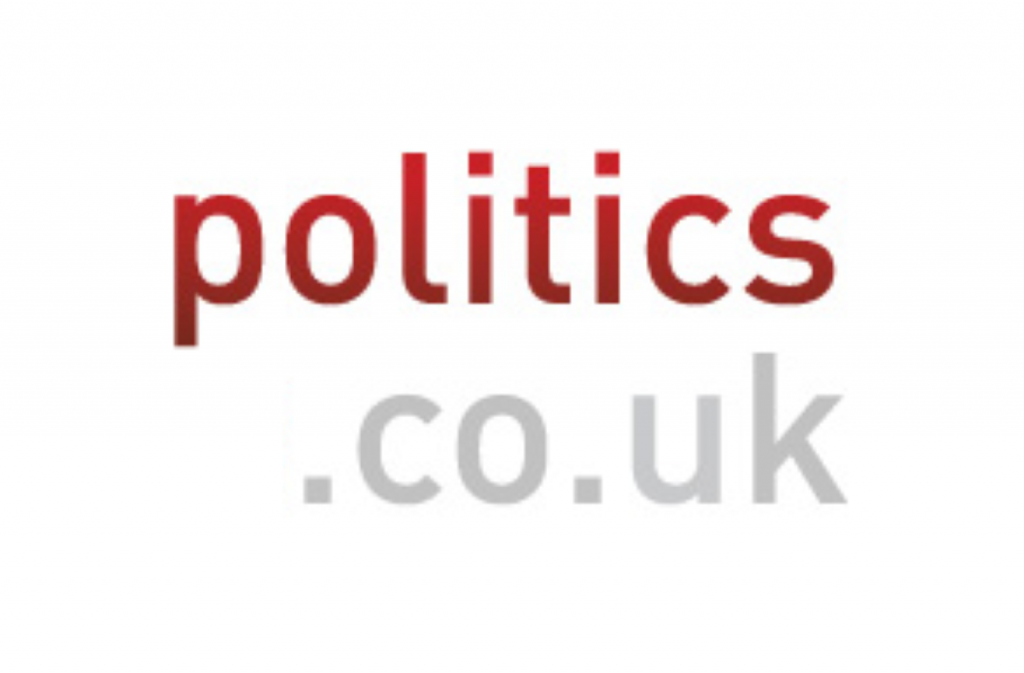Blair leaves room for judges on control orders
Prime Minister Tony Blair today refused to rule out letting judges make the controversial ‘control orders’ that would see terrorism suspects confined to their houses or banned from using telephones and the internet.
However, he defended the orders as needed to protect the nation’s safety against a “real and active” terrorist threat.
In the event of a terrorist attack, people would ask why the Government had not done more to combat terrorism, he added.
The Government is proposing that control orders be made by the Home Secretary, but Mr Blair said discussions were continuing over the details of the draft laws.


Speaking at his monthly press conference, he said the precise nature of judges’ involvement in making the orders was not a point of principle because they would in any event have to scrutinise orders that were made.
“We were never going to take the judge out of this,” he added.
Instead, the question was whether some of the effectiveness of the orders would be lost if judges made the orders.
Mr Blair said he could not give a definite answer on whether the Government’s position would shift, but added: “How fast we bring judges in depends on issues to do with the efficacy.”
Home Secretary Charles Clarke was “having discussions with lots of people” and wanted to get the measures passed “on the broadest possible basis of consent”.
The Liberal Democrats and a number of senior Labour backbenchers have indicated that they would only support the proposals if a judge, rather than a politician, imposed a control order.
Asked whether the failure to find weapons of mass destruction in Iraq would make people less likely to believe the Government’s claims about the terrorist threat, Mr Blair said the bombings in Madrid and elsewhere should be proof of the danger posed by terrorists.
“I can’t believe that anyone seriously doubts that we have such a terrorist threat.”
Insisting there was “a real and active threat”, he added that if terrorists did commit an atrocity, the only issue that people would be asking about was why the Government had not done more to prevent it.
“You’ve got to take a responsible position on this. We can’t, if the security services are saying to us – and the police – and they’re both saying to us, ‘We need something that is between mere surveillance and prosecution’ . you tell me what should any Prime Minister in that crisis do? They should act on it. And that’s what I’m doing.”
Later, he added: “I’m not being arrogant or railroading this through. I’m just trying to protect the security of this country.”

